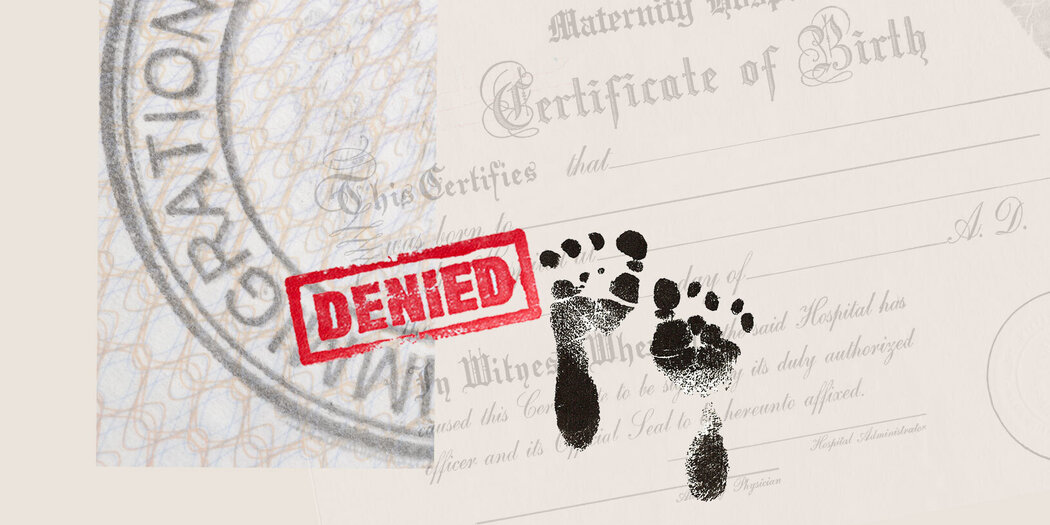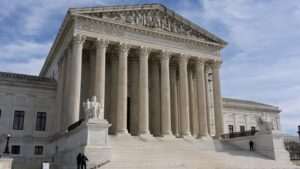Trump’s Executive Order on Birthright Citizenship Faces Legal Hurdles
In a move that has stirred significant controversy, President Trump announced his intention to end birthright citizenship through an executive order at the outset of his second term. This decision has sparked a heated debate over its constitutionality, as it challenges the 14th Amendment’s clear stipulation and longstanding Supreme Court rulings affirming birthright citizenship. Legal experts anticipate immediate litigation, with many predicting the order’s slim chances of surviving judicial scrutiny.
Understanding the context of this legal challenge requires a look at the 14th Amendment’s origins. Prior to its ratification, the United States operated under a racialized class system, exemplified by the infamous Dred Scott decision, which denied citizenship to enslaved people and their descendants. The Civil War and the subsequent readmission of former slaveholding states into the Union hinged on their acceptance of the 14th Amendment, which unequivocally states, “All persons born or naturalized in the United States, and subject to the jurisdiction thereof, are citizens of the United States and of the State wherein they reside.” This declaration of citizenship is clear in its intent: anyone born on U.S. soil is a citizen, regardless of their parents’ status.
The Supreme Court has consistently upheld this interpretation, most notably in the 1898 case of United States v. Wong Kim Ark. Wong Kim Ark, born in San Francisco to Chinese parents, faced denial of reentry to the U.S. due to citizenship disputes. The Supreme Court recognized his birthright citizenship, citing the 14th Amendment and principles from English common law. This foundational understanding of citizenship was reaffirmed in later cases, such as 1982’s Plyler v. Doe, which extended 14th Amendment protections to undocumented immigrants and their children.
President Trump’s order disputes the citizenship of children born to undocumented immigrants, claiming they are not “subject to the jurisdiction” of the U.S. This argument is widely regarded as flawed, given that undocumented immigrants are subject to U.S. laws and tax obligations, contrasting with those exempt from U.S. jurisdiction, such as foreign diplomats.
Many question whether the current Supreme Court, known for its conservative leanings and Trump appointees, will uphold the longstanding precedent of birthright citizenship. However, even historically conservative courts, such as the Fuller Court responsible for the Wong Kim Ark decision, recognized the 14th Amendment’s explicit language. This precedent poses a formidable barrier to altering the established understanding of citizenship.
The ratification of the 14th Amendment marked a rejection of any hierarchy among those born in the U.S. This principle, which has been integral to American constitutional law for nearly a century and a half, is once again at the forefront of legal discourse. The commitment to uphold constitutional protections remains a vital part of the national conversation, regardless of executive orders that challenge these fundamental rights.






